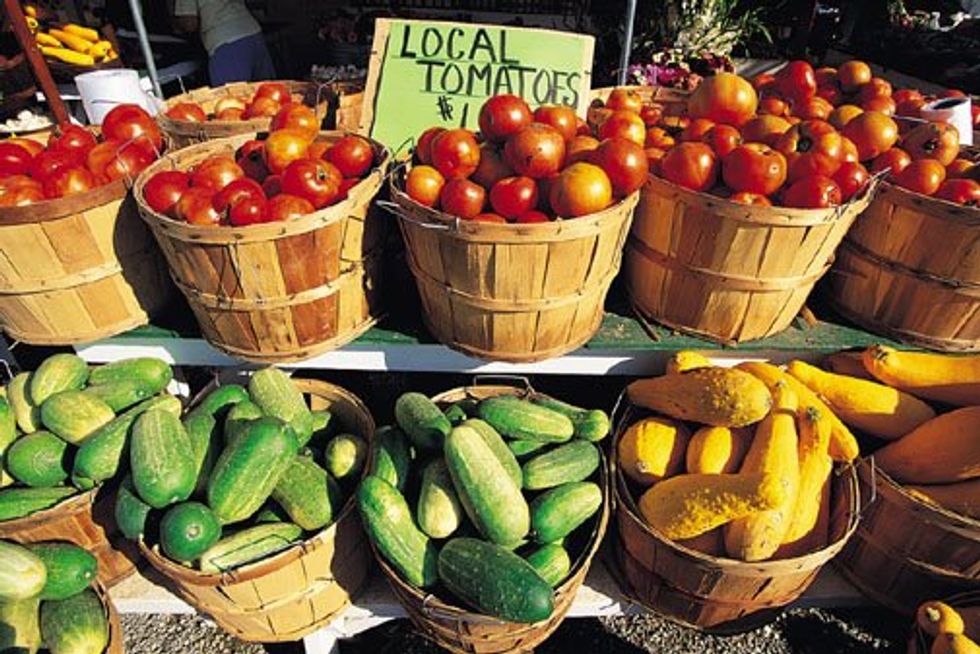
Organic Pregnancy & Parenting: Can't Afford to Go All Organic? Choose These Items First
May 01, 2009
Nov 18, 2020
Nutrition & Movement
Kristen Mucci-Mosier helps couples and individuals become more present in their bodies and relationships.
Full BioLearn about our editorial policies

Many women make big changes to their diet when they start eating for two. But why stop once the pregnancy is over? One change that is worth keeping around, for the benefit of both you and your baby, is the switch from conventional meats, dairy and produce to organic alternatives. It's no surprise that foods grown with toxic pesticides and hormones can be dangerous for your entire family. When you choose organic foods, your getting more nutrients and less chemicals, along with making a choice that benefits the environment. But shopping organic can be expensive, so choose these items first.
- Animal products: By opting for organic meats and dairy products, you're avoiding the hormones and antibiotics given to the animals on most non-organic farms.
- Baby food: Developing babies are extremely vulnerable to chemicals and pesticides, so it's best to choose organic options, or better yet, make your own from organic fruits and veggies. Check out this cool site for recipes and more: WholesomeBabyFood.com.
- Rice: According to a recent article on Discovery's Planet Green website, studies have found over forty pesticides used in rice production, fifteen of which are considered types that have ill effects on the human body or groundwater systems.
- The "dirty dozen: "Here is a list non-organically grown fruits and vegetables with the most and the least pesticides from the Environmental Working Group and Foodnews.org:
The 12 Most Contaminated (in order, starting with the most contaminated):
Peaches
Apples
Bell Peppers
Celery
Nectarine
Strawberries
Cherries
Kale
Lettuce
Grapes (Imported)
Carrot
Pear
The 12 Least Contaminated (in order, starting with the least contaminated):
Onion
Avocado
Sweet Corn-Frozen
Pineapple
Mango
Asparagus
Sweet Peas
Kiwi
Cabbage
Eggplant
Papaya
Watermelon
More tips on affordable organic shopping:
Make less meat: Let meat and dairy take a back seat to veggies and grains. Opt for superfoods like kale, peppers and beans, and for high-protein grains like quinoa.
Shop local: You might want to consider participating in a CSA this spring/summer. CSA or Community Supported Agriculture helps to support family farms while providing people (especially in cities) with access to high quality, locally-grown, affordable organic produce. Each week you pick up your share of fruits and vegetables at a local community enter or farm drop-off location. You can do a full share or a half share, depending on how many people you're feeding, and many CSAs consider income and charge accordingly. If you're in New York City, check here for CSA locations. Or for other locations around the country, click here.
Buy in bulk: Lots of supermarkets and warehouse stores offer organic options, so stock up now and save later.